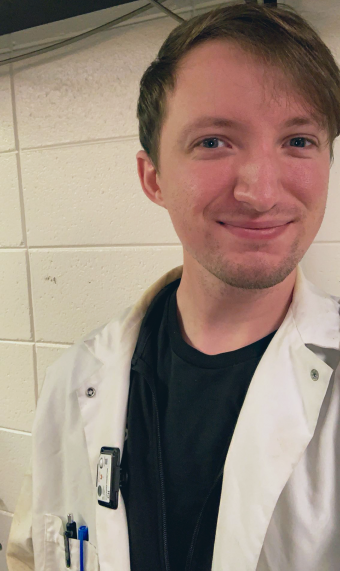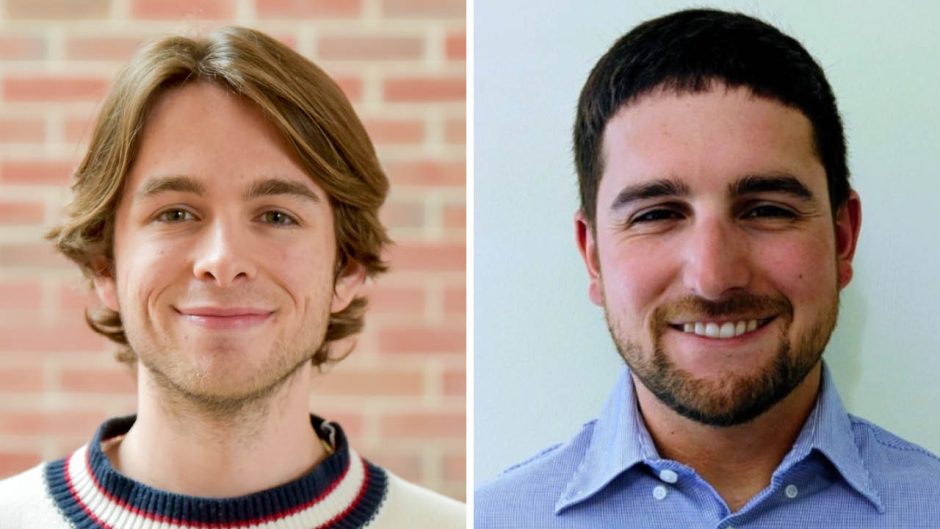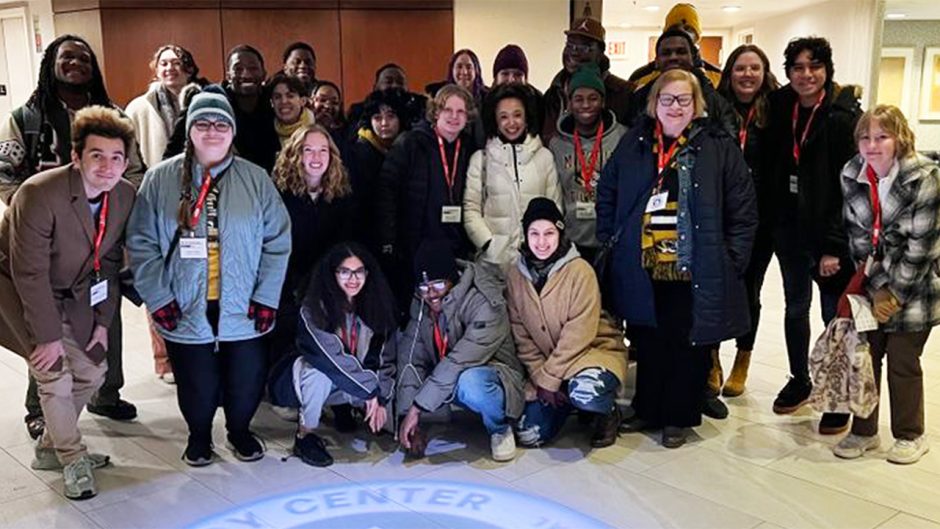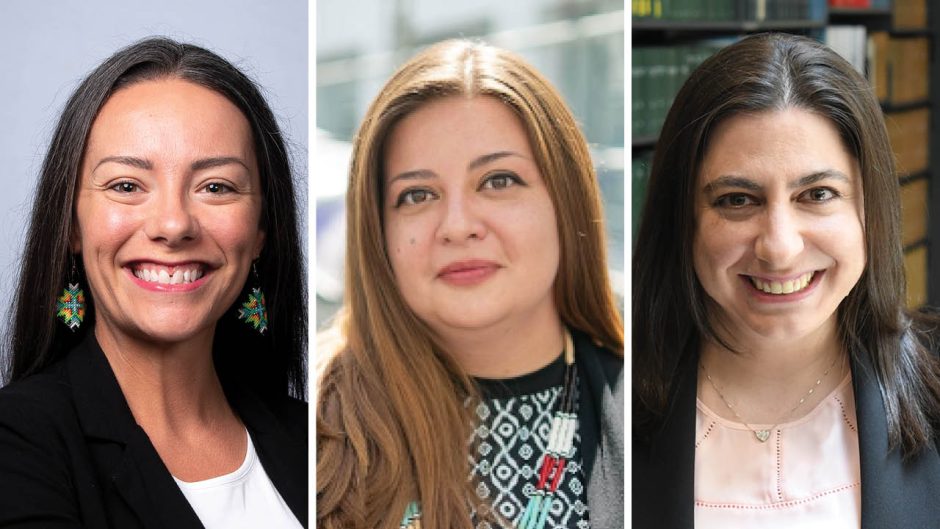May 3, 2021
A graduate student from the University of Missouri is among 78 students from across the country who has been selected to study at a national science and engineering research lab.
Alexander Gremillion will spend six months researching ways to recover nuclear waste elements as viable energy sources. He hopes that by laying the groundwork for analyzing nuclear waste, he can help make nuclear energy a safer, more viable energy source across the globe.
“We need a way to repurpose the waste so that we're not just building up massive landfills of radioactive waste,” Gremillion said. “We need to understand, at a very basic fundamental level, how these elements react in different situations so we can separate them from each other and be able to clean things up.”
Gremillion, a graduate research assistant from Waco, Texas, was chosen among awardees from 55 universities across the country to conduct research at one of 14 national laboratories as a part of the Department of Energy’s Office of Science Graduate Student Research Program. Gremillion will be working at Argonne National Laboratory in Lemont, Illinois.
“It’s a great honor to be able to work for a national lab during my graduate studies,” he said. “Because the career field is so small, it's really hard to get specialized training. Therefore, I’m extremely thankful to be working with Richard Wilson, a chemist at Argonne, who specializes in radiochemistry and synthetic inorganic chemistry. I'll benefit a lot from his expertise.”
Finding his place in the periodic table
Near the beginning of his college experience, while at St. Edward’s University, Gremillion wanted to be a medical doctor. Yet, after spending some time in an emergency room, he realized that it wasn’t the career for him. His interest in biochemistry and the formulation of medications led him to change his major from biology and pursue his passion through a degree in chemistry.
Gremillion specialized in bioinorganic chemistry employing heavy metals such as nickel and zinc. But he wanted to expand his horizons while searching for graduate schools. So, he started looking at the elements at the bottom of the periodic table, including thorium, uranium, neptunium and plutonium. At the same time, discussions on various environmental issues were gaining traction in the public realm.
“I began getting interested in alternative energy sources, and nuclear energy is one of them,” Gremillion said. “So, I combined my love for inorganic chemistry with trying to make at least some small difference on the broader energy landscape.”
As Gremillion did his research on graduate schools, one option stood out — Mizzou.
Specifically, Justin Walensky was someone whose work Gremillion admired. One visit to Mizzou to meet Walensky was all Gremillion needed to solidify his decision. Now, Walensky is Gremillion’s doctoral advisor, and he helped Gremillion apply to the DOE’s graduate student research program.
“Seventy percent of why I came to Mizzou was for the research opportunities,” Gremillion said. “The remaining 30% was finding the right person to work with for five years, because it's a pretty close relationship. You really have to get along with that person.”
Repurposing nuclear waste
Nuclear energy is more affordable in comparison to other renewable energy sources, including wind and solar, yet a common byproduct is nuclear waste, which is hazardous due to its radioactivity. Beyond its toxicity, the waste has a potential shelf life of millions of years.
While he’s at Argonne, Gremillion will be able to work with plutonium. He’s interested in plutonium because it appears in high-level nuclear waste. Figuring out how it can be salvaged and reprocessed will be a key component in the endeavor to close the nuclear waste cycle. In addition, plutonium is of great importance to national nuclear stockpile stewardship due to its presence in the nuclear arsenal.
Currently, Gremillion works with neptunium, a radioactive element, to observe how the metal reacts to the presence of different molecules. Some molecules might make alter the metal’s magnetic susceptibility or make it easier to crystallize or electrochemically separate. He documents these reactions to learn which molecules are best for separating elements from nuclear waste, so that these recovered elements can then be repurposed into additional energy sources.
Gremillion finds his work important especially for developing countries in which paying for large solar and wind farms isn’t a feasible option. Developing nuclear energy sources can be significantly more affordable. Uranium, for example, can be extracted from seawater.
“Maybe in the generation after me, or the one after that, this work will build a backbone for creating a completely closed cycle and a renewable source of energy in which we won't have to worry about the radioactive pollution,” Gremillion said. “That's where I see my work making the most difference.”





